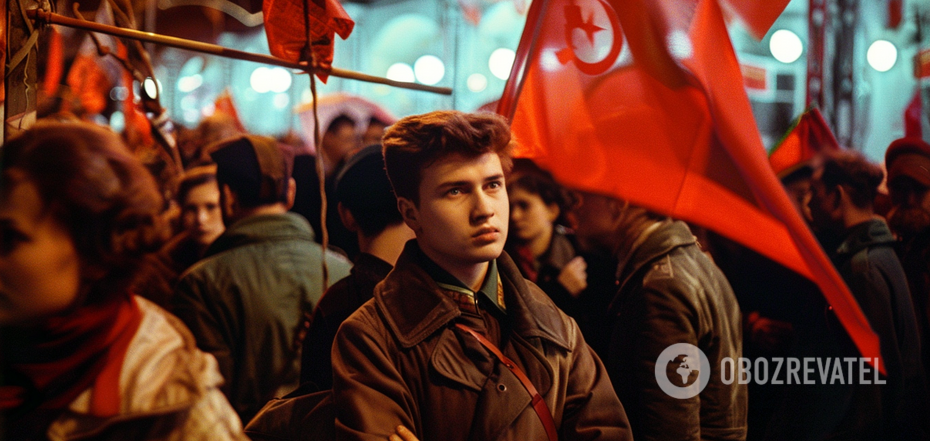News
Why the USSR did not celebrate Victory Day for 17 years: the reason is not known to all
The modern generation, which was born during the Soviet era and even in the first two decades after its collapse, remembers May 9 as a permanent day off in honor of Victory Day. People used to organize public festivities on the holiday, and military parades were held in large cities.
However, it was during the Soviet era that parades were almost never organized on Victory Day, and for 17 years this day was not even a day off. OBOZ.UA explains what the reason was.
The history of the holiday
In the USSR, May 9 was declared a holiday even before Germany officially signed the Act of Unconditional Surrender. The decision was made by the Presidium of the Supreme Soviet of the Union on May 8, 1945. Moreover, this date was declared a public holiday at the same time.
Another Victory Day was celebrated in the Land of the Soviets on September 3, the day when Japan surrendered and World War II was finally over. According to the decision of September 2, 1945, it was celebrated only three times, after which the celebration was abandoned.
Why Stalin canceled Victory Day in 1947
A government decree abolishing both holidays and the corresponding days off in the USSR was issued on December 24, 1947. Historians are still arguing about the real reasons for it. Some say that the Stalinist government did so because of the outbreak of the Cold War with the West. The economic situation in the Soviet Union was deteriorating sharply, and there was not enough money for the celebrations. The funds that were available were spent on postwar reconstruction and the restart of industry. In particular, the military industry, because the Cold War also required a new arms race.
The other version is more political. After the war, a conflict escalated between Joseph Stalin, General Secretary of the Communist Party of the Soviet Union, and Marshal Georgy Zhukov. The country's leader considered the authoritative military leader a direct threat to his power. Therefore, he allegedly canceled the holiday in order not to remind citizens of the merits of his rival, as Zhukov was known in the USSR as the Marshal of Victory.
The return of Victory Day
There were attempts to restore the holiday after Stalin's death, when Nikita Khrushchev became the leader of the USSR. He pursued a policy of de-Stalinization and abandonment of the cult of the leader's personality. Therefore, he rejected proposals to return Victory Day, arguing that the holiday would remind everyone who survived the war of Stalin. This contradicted the course chosen by the new Secretary General.
The holiday was restored by Leonid Brezhnev. In 1965, in honor of the 20th anniversary of the victory over Germany, he returned May 9 to the calendar, made it a day off, and even held an anniversary parade on Moscow's Red Square.
Brezhnev's biographers also point out that he loved lavish state celebrations, in part because they gave him the opportunity to show off the numerous state awards he had bestowed upon himself. Therefore, the Secretary General did not hesitate as much as his predecessor to return Victory Day. In addition, a generation that did not know the war and all the political nuances associated with it had grown up in 20 years.
Subscribe to OBOZ.UA channels in Telegram and Viber to keep up with the latest events.



























